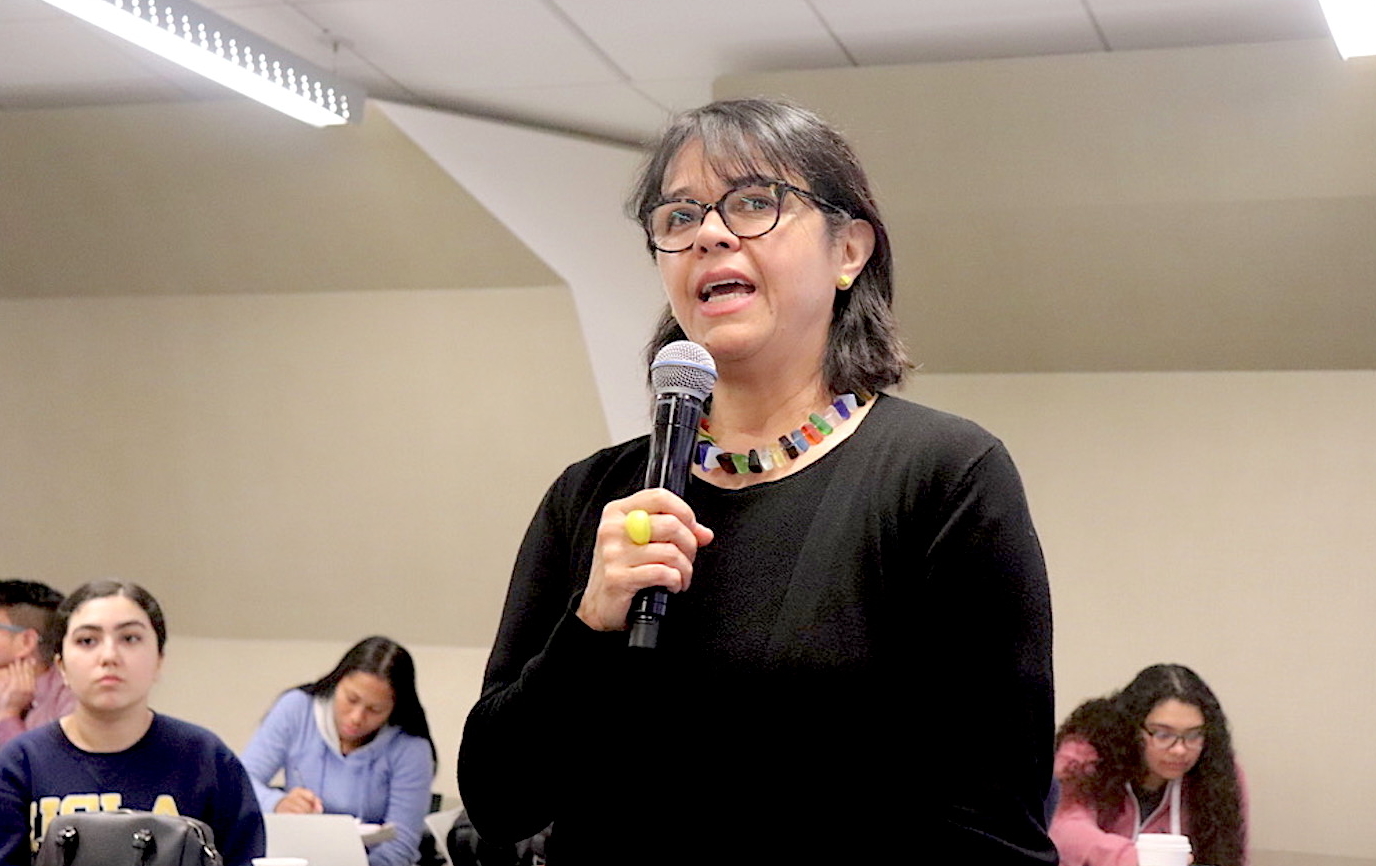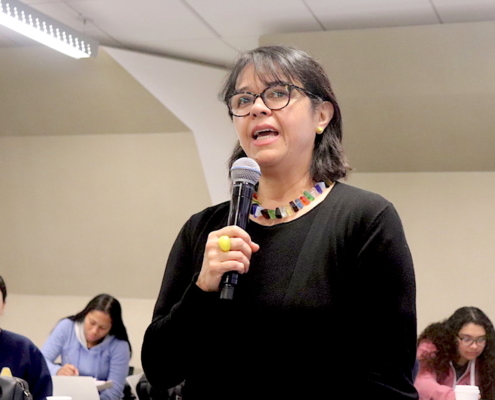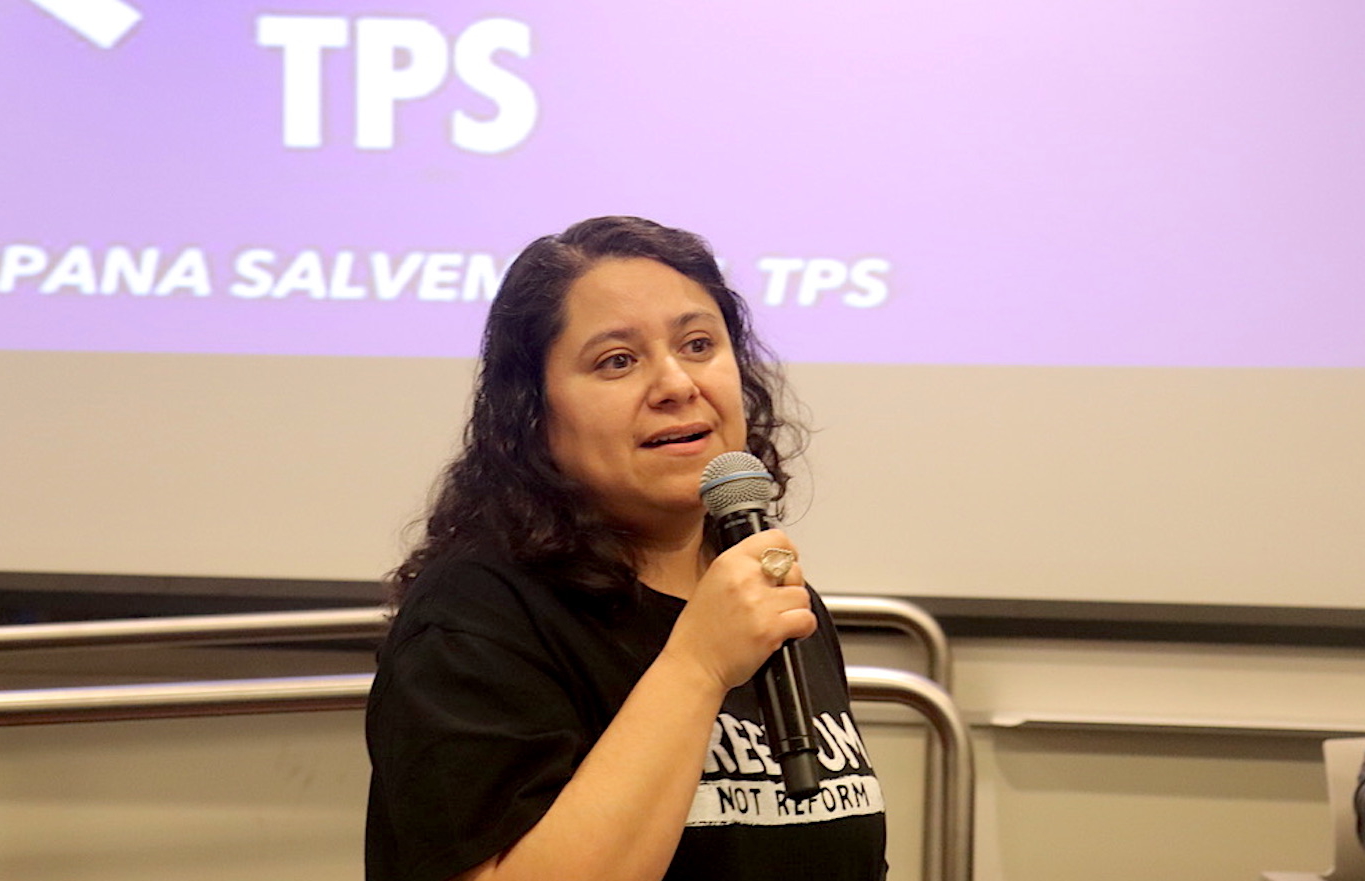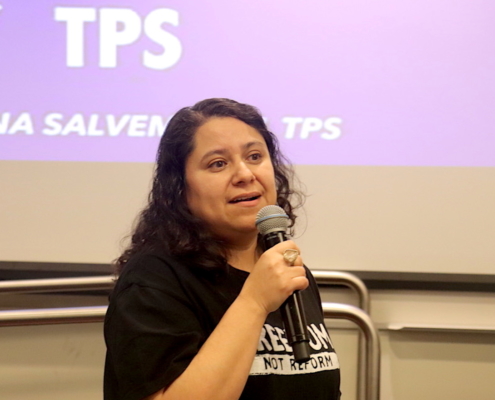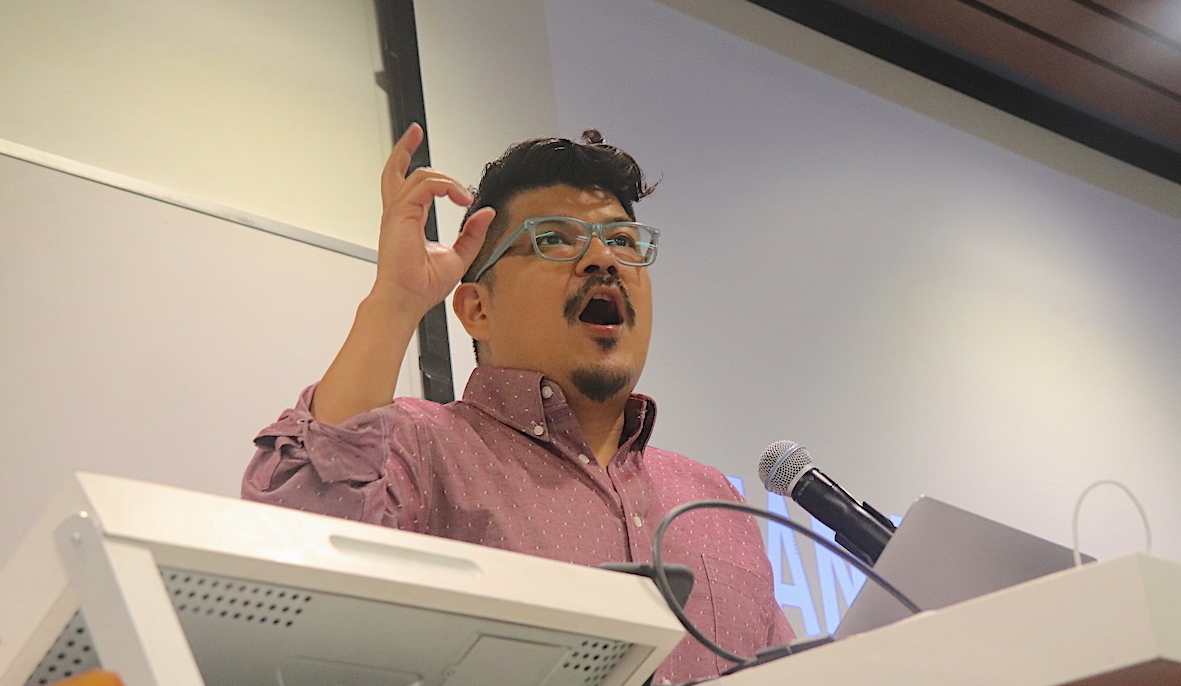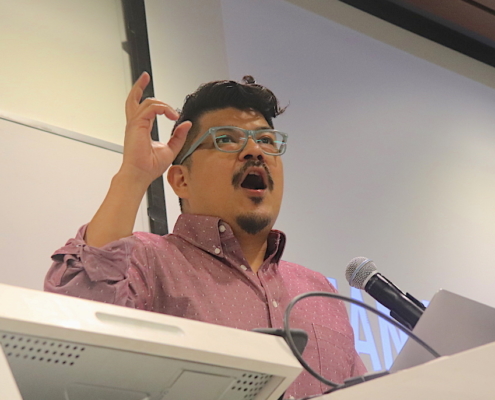Wang Argues Against Prison-to-ICE Pipeline
Lee Ann Wang is the co-author of a commentary in support of state legislation seeking to end the automatic pipelining of immigrants from prison into the U.S. Immigration and Customs Enforcement (ICE) detention and deportation system. Although California has taken steps to reform a punitive legal system that often perpetuates violence against those most vulnerable, the authors point out that such efforts have not extended to California’s migrant communities, including immigrant survivors of sexual, domestic and reproductive violence. “In the interests of public safety, California must prioritize accessible care and community support rather than perpetuate violence and punishment,” write Wang, an assistant professor of social welfare and Asian American studies, and co-author Alisa Bierria of UCLA’s gender studies department. “We must challenge institutions of punishment in our communities where lives are lost and gender violence is the norm.” The article was posted by Cal Matters and newspapers in the Southern California News Group.
